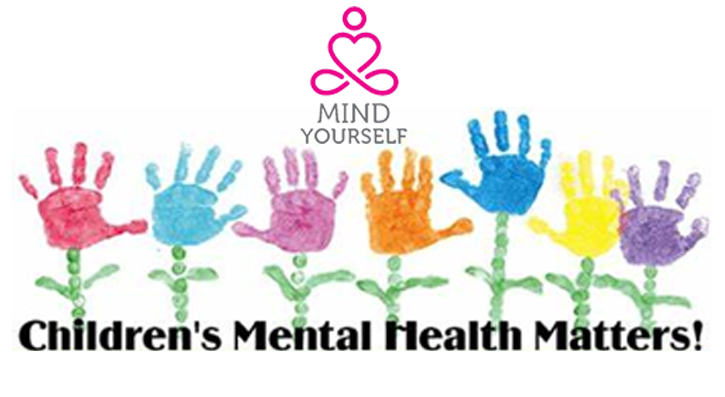Tips for looking after children’s mental health during lockdown
0 min read
19 January 2021

Looking after children’s mental health during lockdown presents parents and carers with a unique set of pressures which has not been experienced before. For those parents who found it difficult entering the first lockdown last March, the return to strict restrictions on our movements will, there is a return to the fear, devastation, and uncertainty they felt last time.
Lockdown at home can make it hard for families to keep a sense of calm. It is therefore paramount to help your child feel safe and secure by ensuring they maintain a routine as much as possible. By making sure there is daily structure you can help them manage expectations, emotions and build resilience in them.
Children rely on their parents or carers’ actions to make them feel safe, both physically and emotionally. By providing reassurance to children that you are there for them, you can equip them with the confidence that we will all get through this.
This can be achieved through a number of ways:
- Be honest and answer questions about the pandemic in an age-appropriate way. Talk with your child about the frightening news they hear. It’s okay to say people are getting sick but remind them to follow safety steps: wash your hands, wear a mask and stay at home. All this will help the family and others stay healthy.
- Recognise your child’s feelings. Calmly say, for example: “I can see that you are disappointed not going back to school. What are other ways we can have fun with your friends?”
- Keep in touch with family and friends. Children can worry about grandparents living alone or family friends, so connections like video chats can help a little, though this method is not always appropriate for younger children.
There are practical, self-care strategies, among that Action Mental Health encourages for young people
- Finger breathing is a process helps to calm children when they are feeling stressed. Click here to access demo
- Fill a self-soothe box. Fill a box with items that help you relax or inspire positive memories and happy feelings. Whether it’s a treasured photograph, a seashell from a memorable visit to the seaside with a loved one, or something tactile to hold on to in times of anxiety, it’s up to you.
- Create a worry box. Encourage children to talk about their worries and fears and support them by helping to write them down and tuck them away. This can help them to limit the time they spend worrying about things they cannot control.
Keep your kids learning for their wellbeing Click here for support
Additional Support Services and information to support children’s mental health:
Parental Self Care
As you help to support your children, parents and carers must not ignore their own needs. Many of you will be feeling the strain of home-schooling while undertaking your own work from home. Help yourself from becoming overwhelmed by embracing tips in this useful guide. Parenting Self Help and Care during the Coronavirus pandemic or visit the Covid Wellbeing NI Site which offers valuable health and wellbeing support Covid Wellbeing Northern Ireland (covidwellbeingni.info)
Page Tags
SERCLatest News
Keep up with the latest from SERC



